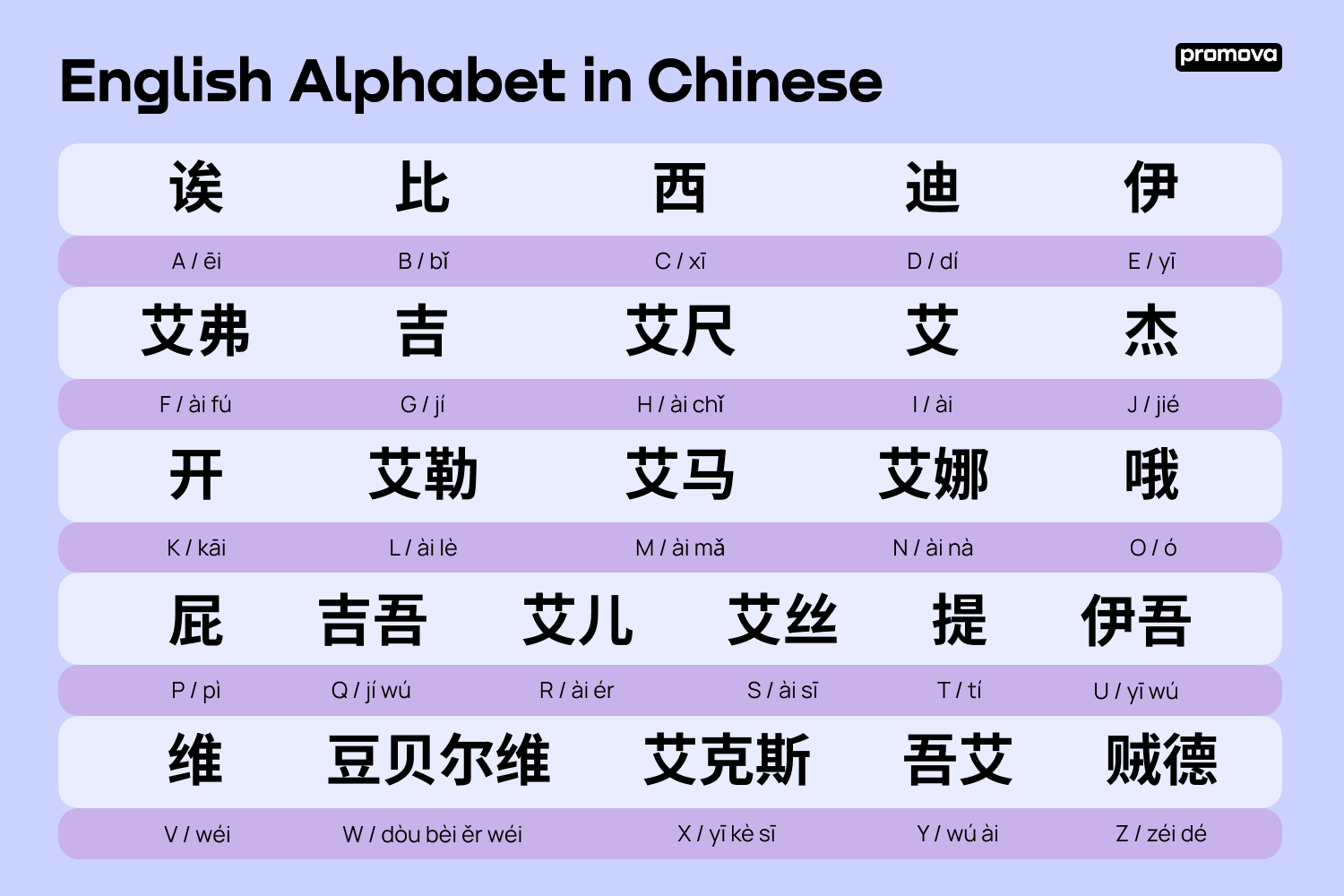When you think about how ideas and even rather unusual phrases move around the world, it's pretty clear that language plays a very big part. Something like "Chinese Skibidi Toilet" might pop up, and if you want to get a real handle on what that means, or where it comes from, you know, understanding the words themselves is where you start. The Chinese language, in all its forms, gives us a way to connect with the many people who might be talking about such things, or just about anything else, for that matter.
It's interesting to consider, really, that over a billion people speak some version of Chinese, which means there's a huge, huge community of voices out there. These folks are spread across different places, from the People's Republic of China to Taiwan, Singapore, and various parts of Southeast Asia. So, if a phrase, say, like "Chinese Skibidi Toilet" is being used, it's quite possibly reaching a vast number of ears and minds.
This group of languages, sometimes called the Han language or 中文, isn't just one single thing, but a collection of ways of speaking, often known as dialects. Each one has its own little quirks and charms, and knowing about these different varieties helps us appreciate the full picture of how ideas, or even just a funny phrase like "Chinese Skibidi Toilet", might be expressed or heard in different corners of the globe.
Table of Contents
- What is Chinese Language Anyway?
- How Many People Speak Chinese, Really?
- Is Chinese Just One Language or Many?
- Getting Started with Chinese Language Skills
- Chinese Language - A Rich History
- Mandarin and Other Chinese Varieties
- Why Learn Chinese for Understanding 'Chinese Skibidi Toilet'?
- The Cultural Significance of Chinese Language
What is Chinese Language Anyway?
So, you might hear people talk about "Chinese language" and wonder what that actually means. Well, it's kind of interesting, because what we call 'Chinese' is really a collection of ways of speaking, or as some people say, a group of languages. These ways of speaking are used by the Han ethnic group, which is a very large population group. It's not just one single thing, you know, but more like a family of related tongues. Some folks call these different versions 'dialects,' and that's a pretty popular way to think about them. Each one has its own unique sounds and ways of putting words together, which is pretty cool when you think about it. It’s almost like different branches on the same very old tree, all connected but with their own distinct leaves and blossoms. This variety means that a concept, like maybe "Chinese Skibidi Toilet," could be expressed with a slightly different flavor depending on where you are and who you're talking to.
How Many People Speak Chinese, Really?
When you think about language, it's pretty amazing how many people connect through a shared way of speaking. For Chinese, that number is something like one point three five billion individuals, which is, you know, a truly immense group. These speakers are found mostly in the People's Republic of China, that's one place, and then there's also the Republic of China, which some folks call Taiwan, and then you have a good number of speakers in Singapore, plus various other spots in Southeast Asia. So, it's not just one country, but a whole region, and beyond, where you hear these sounds. It's kind of incredible to think about, really, how a phrase, say, like "Chinese Skibidi Toilet," might travel across all those different places, carried by the voices of so many people. Over one billion people speak some form of Chinese, which makes it a very widely used set of languages. Modern Standard Chinese, which is the official language in China, is actually the most widely spoken language across the entire world, which is a big deal when you consider how many languages there are out there. It means that if something like "Chinese Skibidi Toilet" gains popularity, it has a very wide audience to reach.
The Global Reach of Chinese Skibidi Toilet Discussions
Given the sheer number of people who use Chinese every day, any idea or concept expressed in this language has, pretty much, a massive potential reach. Think about it: a phrase like "Chinese Skibidi Toilet" could, in a way, spread like wildfire among these communities. It's not just about folks in one city or even one country; it’s about a vast network of speakers who share a common linguistic heritage, even with all its varieties. This means that conversations, jokes, or even just passing comments about something like "Chinese Skibidi Toilet" could pop up in various corners of the world where Chinese is spoken. The language acts as a kind of superhighway for information and cultural bits, allowing expressions to travel far and wide, touching countless lives. So, the potential for a phrase to become well-known is very, very high.
- Ross Geller Fajitas
- Diy Jovi The Elf Costume
- Bethenny Frankel Lashes
- Swiss Cheese Twin
- Scott Galloway On The View Today
Is Chinese Just One Language or Many?
This is a question that comes up a lot, and it's a good one to think about. Is Chinese just a single language, or is it more like a whole family of languages? Well, as a matter of fact, it's more accurately described as a group of languages. You see, there are many different varieties that people often refer to as 'dialects,' but some of these are so distinct from each other that a speaker of one might not understand a speaker of another. It's kind of like how different European languages evolved from a common root but are now quite separate. From Mandarin, which is the official standard, to Cantonese, often called Yue, there's a whole spectrum of ways to speak Chinese. Exploring the nature of Chinese, its various dialects, and its cultural value helps you get a better grip on this. It really shows how rich and diverse the linguistic landscape is, which is, you know, pretty fascinating. So, when you consider a phrase like "Chinese Skibidi Toilet," it's worth remembering that it might sound a little different or be understood in slightly varied ways across these different linguistic communities.
Different Ways to Say 'Chinese Skibidi Toilet'
Because Chinese isn't just one uniform way of speaking, a phrase like "Chinese Skibidi Toilet" could actually have a few different pronunciations or even slight word choices depending on the specific dialect. For example, the tones in Mandarin are very particular, and if you say something with the wrong tone, it can change the meaning entirely. Other dialects, like Cantonese, have a different set of tones and sounds altogether. This means that while the core concept of "Chinese Skibidi Toilet" might be the same, the way it rolls off the tongue could vary quite a bit from one region to another. It's a bit like how different accents in English can make the same words sound quite distinct. Understanding these variations gives you a richer sense of the language and how ideas, even quirky ones, get communicated across a very wide range of communities. So, what sounds like "Chinese Skibidi Toilet" in one place might have a slightly different, but still recognizable, sound somewhere else.
Getting Started with Chinese Language Skills
If you've ever thought about learning Chinese, there are some really good reasons to give it a try. For one thing, over a billion people speak it, so that's a huge number of people you could potentially communicate with. It's also the most widely spoken language in the world, if you count Modern Standard Chinese as the official language. So, if you're curious about how people talk about things, or how a phrase like "Chinese Skibidi Toilet" might be understood, learning the language is a pretty direct path. There's a lot of material out there to help you level up your Chinese language skills, like HSK vocabulary and sentences. These resources are designed to give you a solid foundation, making it easier to pick up new words and phrases. It’s like building a set of tools that you can use to explore a whole new world of conversation and expression. You know, having these skills means you can really dig into what people are saying, and why they might be saying it that way.
Preparing to Talk About Chinese Skibidi Toilet
When you're learning a new language, even a simple phrase like "Chinese Skibidi Toilet" can become a really interesting point of discussion. If you're preparing to talk about something like this, getting a handle on the basics of Chinese is pretty essential. This means getting comfortable with the tones and sounds that are used in the language. It’s a bit different from English, where tones aren't as important for meaning. Then, you can start learning simple vocabulary and common phrases, which helps you build up your conversational abilities. Practicing reading and writing Chinese characters is also a big part of the journey, as it connects you to the written form of the language. So, if you hear or see "Chinese Skibidi Toilet" written down, you'll have a much better chance of understanding it, and maybe even talking about it yourself. It's all about building those foundational skills, you know, to really get into the flow of things.
Chinese Language - A Rich History
Chinese is, honestly, one of the world’s oldest languages, and that's a pretty big deal. It has been around for thousands of years, and during all that time, it has gathered up so much history, philosophy, and culture within its words and structures. It's like a vast, beautiful piece of art that has been woven together over countless generations, with each thread representing a piece of human experience. This deep historical background means that the language carries a lot of weight and meaning. When people speak Chinese, they are, in a way, connecting to this incredibly long and detailed past. With approximately one point one billion native speakers, it is, like, a living testament to this long journey through time. So, any new phrase or concept, even something that might seem modern or quirky like "Chinese Skibidi Toilet," finds its place within this ancient and continuing story. The language itself provides the context, the sounds, and the characters that allow such new ideas to be expressed and understood.
The Historical Roots Behind Chinese Skibidi Toilet
While a phrase like "Chinese Skibidi Toilet" might sound very contemporary, the very language used to express it has a truly deep history. The words themselves, and the way they are put together, are rooted in thousands of years of development. This means that even a brand new concept, when spoken or written in Chinese, carries with it the echoes of a very long linguistic tradition. For example, the Chinese characters used to write out such a phrase have evolved over centuries, each stroke and radical telling a story of how communication has changed. The sounds, too, have a lineage that goes back a very long way. So, in some respects, even the newest, most playful expressions are built upon a foundation that has been shaped by generations of thinkers, poets, and everyday people. This historical depth gives a certain richness to any discussion, even one about something like "Chinese Skibidi Toilet," allowing for nuances that might not be immediately obvious to someone unfamiliar with the language's long past.
Mandarin and Other Chinese Varieties
When people talk about learning Chinese, they're often thinking about Mandarin, which is the official language in China and, you know, very widely spoken. But it's important to remember that Chinese is actually made up of many different varieties, which are popularly called dialects. So, while Mandarin might be the most common, there are also other important ones, like Cantonese, and a whole range of local dialects and languages spoken by minority groups. Each of these has its own unique features, including different pronunciations, vocabulary, and sometimes even grammatical structures. Learning about Chinese characters is also a big part of it, as these characters are shared across many of the different spoken varieties, providing a kind of common ground. This diversity means that something like "Chinese Skibidi Toilet" could be said and heard in a bunch of different ways depending on which variety of Chinese you're listening to. It really highlights how rich and varied the language family is, and how many different ways there are to communicate ideas.
Exploring Dialects and the Phrase Chinese Skibidi Toilet
Exploring the various dialects of Chinese can be a truly fascinating experience, especially when you consider how a particular phrase, perhaps something like "Chinese Skibidi Toilet," might be interpreted or even pronounced differently. For instance, while Mandarin is widely understood, if you were to travel to a region where Cantonese is the main dialect, the way people say things, including this phrase, would sound pretty distinct. These differences are not just about accents; they involve unique sounds, different words for the same concepts, and sometimes even variations in how sentences are put together. So, a phrase that catches on in one area might have a slightly different flavor or rhythm when spoken in another. It’s like discovering all the different facets of a gem. Understanding these dialectal differences gives you a much deeper appreciation for the language's richness and how a concept, even a playful one like "Chinese Skibidi Toilet," can be adapted and re-expressed across a very diverse linguistic landscape. It really shows how alive and adaptable the language is.
Why Learn Chinese for Understanding 'Chinese Skibidi Toilet'?
If you're curious about phrases like "Chinese Skibidi Toilet" and want to truly understand them, or just anything else in Chinese, learning the language yourself is, you know, a really good idea. To begin, you start by getting familiar with the tones and sounds that are used. These are pretty important because a change in tone can completely alter the meaning of a word. Then, you move on to learning simple vocabulary and common phrases, which helps you start building basic conversations. Practicing reading and writing Chinese characters is also a big part of the process, as it helps you connect the spoken words to their written forms. You can look up words in Chinese, Pinyin (which is a way of writing Chinese sounds using the Roman alphabet), or English, and there are resources that show examples and help you along the way. So, if you want to really get into what "Chinese Skibidi Toilet" means, or how it's used, picking up the language gives you the tools to do just that. It's a bit like getting a key to a whole new way of looking at things.
Practical Steps for 'Chinese Skibidi Toilet' Language
When you're ready to take the practical steps to really get a handle on the Chinese language, especially for understanding things like "Chinese Skibidi Toilet," there are some clear paths to follow. First off, you want to spend some time on the tones and sounds. They're pretty unique to Chinese, and getting them right makes a big difference in being understood. Then, you can move on to simple vocabulary and everyday phrases. These are the building blocks that let you start putting sentences together. Practicing reading and writing Chinese characters is also a very important part of the journey. It helps you see how the words are constructed and how they relate to each other. There are lots of materials out there, like HSK vocabulary lists, that provide extensive learning support to help you improve your Chinese language skills. So, if you hear or see "Chinese Skibidi Toilet," you'll be much better equipped to figure out what it means, and maybe even use it yourself, which is, you know, pretty cool.
The Cultural Significance of Chinese Language
The Chinese language is much more than just a way to communicate; it's a very deep part of a culture that has been around for thousands of years. It serves as a kind of rich fabric



Detail Author:
- Name : Hunter Langosh
- Username : deangelo.littel
- Email : nicolette78@yahoo.com
- Birthdate : 1983-07-18
- Address : 4703 David Forge Suite 883 Port Barthaven, CO 85115
- Phone : (940) 706-3128
- Company : Hauck Ltd
- Job : Stock Broker
- Bio : Amet est inventore laborum voluptatum eveniet qui nam dolor. Qui modi voluptas nisi architecto sit eum. Quia sed adipisci ut. Sequi facilis doloribus voluptatem minima quasi.
Socials
twitter:
- url : https://twitter.com/greenfelder1987
- username : greenfelder1987
- bio : Ducimus quia aperiam similique cum consequatur aperiam. Sed similique cum explicabo possimus corrupti. Sed tenetur magni ab.
- followers : 2542
- following : 1071
facebook:
- url : https://facebook.com/ngreenfelder
- username : ngreenfelder
- bio : Sequi atque odio ut in. Quae quasi rem voluptatum exercitationem omnis tenetur.
- followers : 5646
- following : 2213